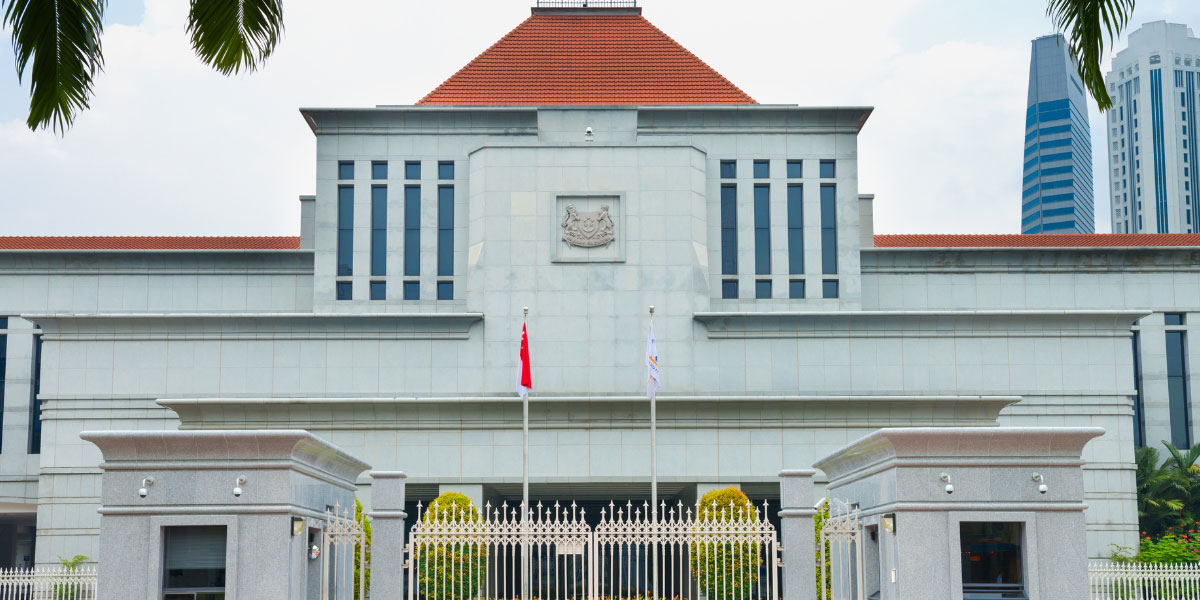The Ministry of Finance will be conducting a public consultation on the draft Stamp Duties (Amendment) Bill 2014 from 7 July 2014 to 25 July 2014.
The draft Stamp Duties (Amendment) Bill 2014 provides for three changes to the Stamp Duties Act. The first two involve changes to existing stamp duty administration that arise from ongoing reviews of the stamp duty system. The third is a consequential amendment arising from the implementation of the Seller’s Stamp Duty (SSD) for industrial properties, introduced as part of the property market cooling measures last year.
The proposed changes are listed below:
a) The Commissioner of Stamp Duties (COSD) would be allowed discretionary power in the Bill to permit for stamp duty refunds to taxpayers when the Commissioner is able to determine that there was an overpayment of stamp duty. This would remove a requirement that the taxpayer must lodge a refund claim, and would also remove the requirement for a taxpayer to surrender original instruments to support refund claims.
b) Justifying interest computation in the event of a claw-back of the stamp duty relief. Currently, stamp duty relief is provided for transfers of assets arising from business restructuring and mergers and acquisitions, subject to conditions. If the relief granted is subsequently withdrawn due to non-fulfillment of the conditions, interest on the stamp duty payable is charged from the date of execution of the document [2]. As some taxpayers choose to pay the duty upon execution of documents and then apply for stamp duty relief, we propose to amend the Act to charge interest from the date the stamp duty was refunded upon granting the relief to these taxpayers.
c) Extending SSD relief to transfer of industrial properties arising from business restructuring to minimize the SSD impact on bona fide business restructuring involving transfer of industrial properties. The SSD on industrial properties was introduced on 12 January 2013 to moderate the sharp increase in industrial property prices.













